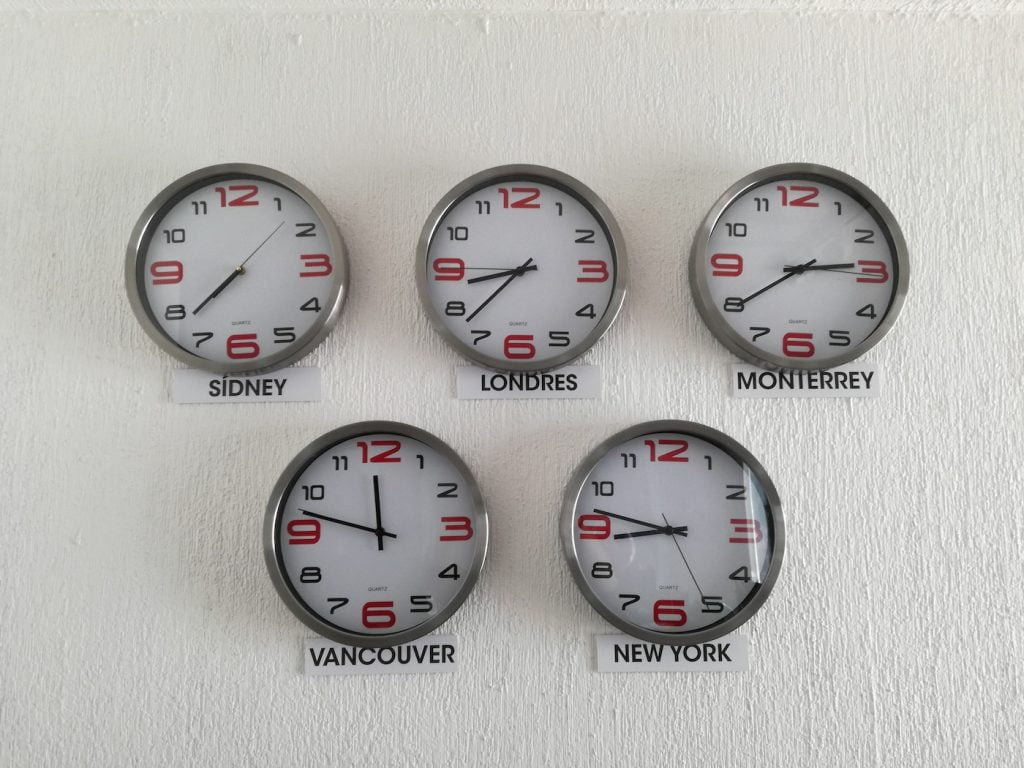
Traits to Look for When Hiring Remote Employees
Hiring remote employees is a new challenge for many businesses. This challenge is not to be overlooked or pushed under the rug with the hope we will all go back to the office soon. Remote work isn’t a lockdown fad; it’s here to stay.
According to Owl Labs’ Remote Work Statistics report, 2019, 18% of employees now work remotely, 100% of the time. That’s just what millennials want as they become the predominant age group in the world’s workforce in the next two years. Wordpress founder, Matt Mullenweg, predicted that more than 90% of the world’s top companies will be working remotely within the next twenty years in a recent Ted Talk.
Therefore if you’re struggling with remote hiring, it’s time to upskill. Read our top traits to look for when hiring remote employees, update your interview questions, and get ready to staff your company with the right remote workers.

Traits to Look for When Hiring Remote Employees
- Results-Oriented
- Independent
- Motivated by something larger than themselves
- Tech Savvy
- Adaptable
1. Results-Oriented
Be sure to look for remote employees who value results over looking busy. While interviewing, make sure candidates are able to demonstrate high attention to detail and the ability to track their KPIs. People who hold themselves to a high personal standard will excel in remote positions because they will go beyond company guidelines to deliver. Managers of remote workers need to be comfortable setting goals and then holding people accountable for those goals. This includes showing up on time, working within deadlines, and hitting targets.
Ask about how they measure success in previous projects or roles.
2. Independent
All remote employees must be self-starters. No boss is going to show up, look over their shoulder, and guide them through each task. They need to be able to take directions, understand what the desired outcome is, create a plan of action, and execute. Someone who constantly asks questions about every minor detail or can’t get past basic roadblocks will be a hindrance to your team.
To make sure the person you are interviewing is a natural problem solver who does not need constant hand holding, give them a test project. In a perfect world, this test project would be live or a former live project to give you both a feel of what it would be like for the candidate to work on your team. Also, be sure to ask about their remote work experience. If they haven’t worked remotely, ask about projects they have managed and completed independently.

3. Motivated by something larger than themselves
Intrinsic motivation is extremely important for all employees, but it really comes to critical mass with remote employees. Remote employees need to be motivated by your company’s mission and something larger than themselves. Otherwise, they will find logging-on everyday depressing and unmotivating. Their productivity and effectiveness will decline.
A professional and well thought out onboarding process is crucial to indoctrinate new employees to the values and story of your organization. In fact, we find onboarding so essential to keeping the right remote employees, we wrote an entire Onboarding Guide. Since remote employees aren’t physically together, you must go out of your way to make them feel your team’s culture (learn about how to cultivate remote culture) and what makes it great to work at your company.
4. Tech Savvy
Ideally, the remote worker you hire will be experienced in some form of remote work already. At the very least, they need to be able to use technology without any major hang ups. Monitor whether they have significant difficulty with technology during online meetings. The right remote employee will have the technological aptitude to solve minor problems (or major for IT positions) on their own without asking another team member. Sometimes even non-technical remote roles need the ability to think like an engineer and rule out issues one-by-one.

5. Adaptable
Remote workers often encounter challenges with time zones, bad internet connections, schedule changes, lockdowns, and homeschooling. Meetings with clients can involve coordinating the schedules of 2 or 15 people around the globe. A remote worker can expect to deal with different communication styles and channels. Stuff happens. The best remote workers will be able to roll with the punches and adapt quickly and seamlessly.
When hiring remote employees, ask potential candidates about their experience collaborating with remote teams. Get specific examples of how they’ve dealt with change in the past.
Questions to ask when interviewing remote employees:
- Are you able to complete a test project?
- Have you worked remotely before?
- What motivated you to apply for a remote-only position?
- Tell me about your experience collaborating with a remote team?
- What collaborative tools have you used before?
- How would you handle a problem when an important team member is offline?
